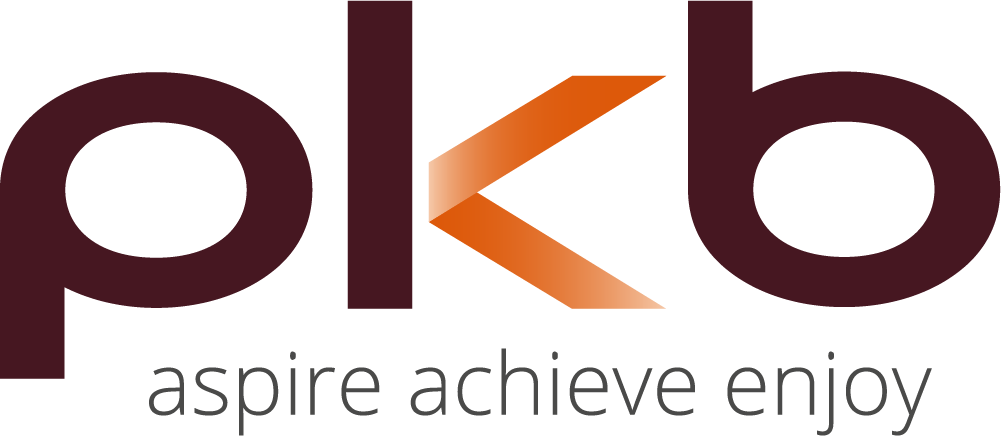While the Autumn Budget has been cancelled, Chancellor Rishi Sunak has unveiled a new plan to help protect jobs and support businesses over the coming months.
The Winter Economy Plan has been introduced after the government has imposed a number of new, stricter measures to help prevent the spread of Coronavirus. With local lockdowns, early closures, staff told to work from home wherever possible and the threat of another national lockdown on the cards, the next six months is likely to be difficult for many.
A package of measures will see a new Job Support Scheme, an extension to the Self Employment Income Support Scheme, a 15% VAT cut for the hospitality and tourism sectors and flexibility to help repay government-backed loans.
What’s the new Job Support Scheme?
From 1 November, a new Job Support Scheme will be introduced to protect vulnerable jobs within businesses which are facing lower demand over winter because of Coronavirus.
This scheme is to replace the current Job retention (“furlough”) scheme which ends 31 October 2020. The scheme will run for six months and will see the government contributing towards the wages of employees who are working fewer hours than normal due to decreased demand.
All small and medium-sized businesses are eligible, larger businesses must show their turnover has fallen during the pandemic. Employers can use the new scheme even if they have not previously used the furlough scheme.
The new Government scheme will last for six months to 30 April 2021 and to be eligible employees will need to be working a minimum of 33% of their hours. For the remaining hours not worked the Government and employer will pay one third. of wages each. This means:
Employers will continue to pay the wages of staff for the hours they work – but for the hours not worked, the government and the employer will each pay one third of their equivalent salary.
Employees who can only go back to work on shorter time will still be paid two thirds of the hours for those hours they can’t work.
The level of grant will be calculated based on employee’s usual salary, capped at £697.92 per month.
By way of an example an employee working 33% of their hours will receive at least 77% of their pay, 22% paid by the Government and 55% paid by their employer (the “worked” 33% plus 22%).
An extension to the Self-Employment Income Support Scheme
The existing self-employed grant (SEISS) will also be extended on the same basis as the job support scheme.
An initial taxable grant will be provided to those who are currently eligible for the SEISS and are continuing to actively trade but face reduced demand due to Coronavirus.
The initial lump sum will cover three months’ worth of profits for the period from November to the end of January next year. This is worth 20% of average monthly profits, up to a total of £1,875.
An additional second grant, which may be adjusted to respond to changing circumstances, will be available for self-employed individuals to cover the period from February 2021 to the end of April.
Additionally, 11 million self-assessment taxpayers will be able to benefit from a separate additional 12-month extension from HMRC on the “Time to Pay” self-service facility. This means payments deferred from July 2020, and those due in January 2021, will now not need to be paid until January 2022.
Tax cuts and deferrals
The Winter Economy Plan also includes an extension to the temporary 15% VAT cut for the tourism and hospitality sectors. This will be extended until March 2021.
As well as this, businesses who deferred their VAT bills will be given more time through the New Payment Scheme, which gives them the option to pay back in smaller instalments. Rather than paying a lump sum in full at the end March next year, they will be able to make 11 smaller interest-free payments during the 2021-22 financial year.
Repaying government-backed loans
A new Pay as You Grow flexible repayment system will help businesses who took out a Bounce Back Loan. The length of the loan has been extended from six years to 10, which will cut monthly repayments by nearly half. Interest-only periods of up to six months and payment holidays will also be available.
The government also intends to give Coronavirus Business Interruption Loan Scheme lenders the ability to extend the length of loans from a maximum of six years to 10 years if it will help businesses to repay the money.
The Chancellor also announced he would be extending applications for the government’s Coronavirus loan schemes until the end of November.
If you would like further information about any of the topics discussed in the Winter Economy Plan, please don’t hesitate to get in touch with PKB Accountants.
To read news and blogs from Rebecca Austin, click here >>

